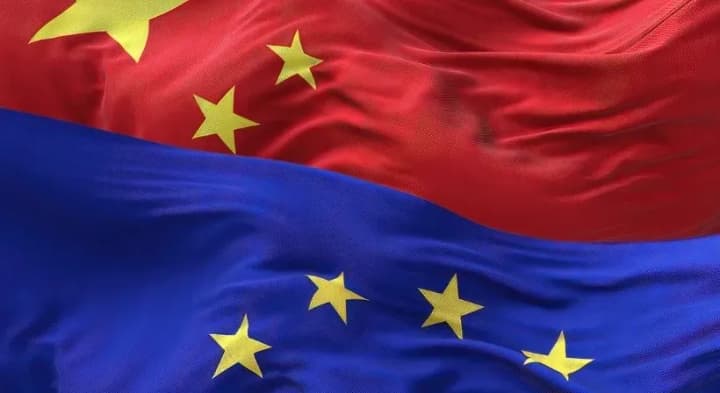The EU's Critical Raw Materials Act (CRMA), adopted by co-sponsors in the European Parliament, can be seen as an attempt to ease the increasingly difficult relationship between Beijing and Brussels. A European official told the Euractiv portal on condition of anonymity, UNN reports .
Details
The EU's Critical Raw Materials Act (CRMA), adopted last week by members of the European Parliament and Council, is "simply aimed at diversifying sources of supply
I think it's very important [to note] that this is not a matter of "confronting China (...) We will continue to buy a lot of materials from China, and we will be very happy that China continues its economic development by selling us materials," the source added.
His words were echoed by European Commission Vice President Valdis Dombrovskis, who told Euractiv: "Trade flows of critical raw materials are highly concentrated" and "while we will continue to rely on imports, we need to diversify significantly.
Context
The official's comments came amid concerns about China's dominance in the critical raw materials market, especially in the processing stage.
China currently processes almost 60% of the world's lithium, a critical element used in the production of batteries for mobile phones and electric vehicles.
It also accounts for more than half of all manganese and cobalt processed in the world and 90% of the world's refined rare earths, a category of 17 elements for which the EU relies entirely on imports.
In the context of the EU's strategy to strengthen and diversify the bloc's economic security, experts also noted that policymakers could learn from Beijing's own practice of integrating its critical raw materials and industrial policies.
Europe should follow China's example, as there is a lot to learn," said Peter Tom Jones, director of the Institute for Sustainable Metals and Minerals.
Recall
China has filed a complaint with the World Trade Organization against the US electric vehicle subsidy program, which discriminates against Chinese products and disrupts the global supply chain.
Today, the EU Permanent Representatives approved the extension of the so-called autonomous trade measures (trade visa-free regime) for Ukraine for the next year.
